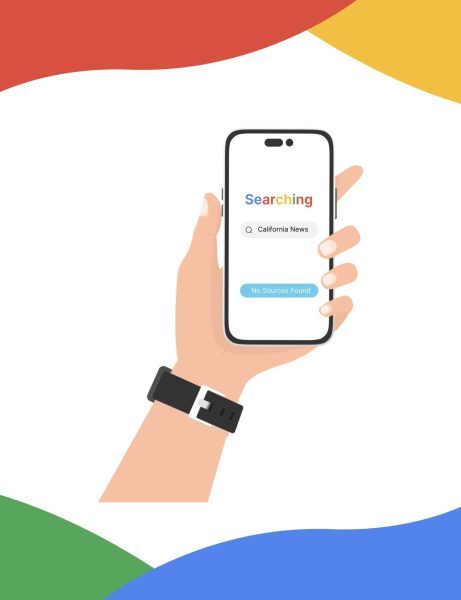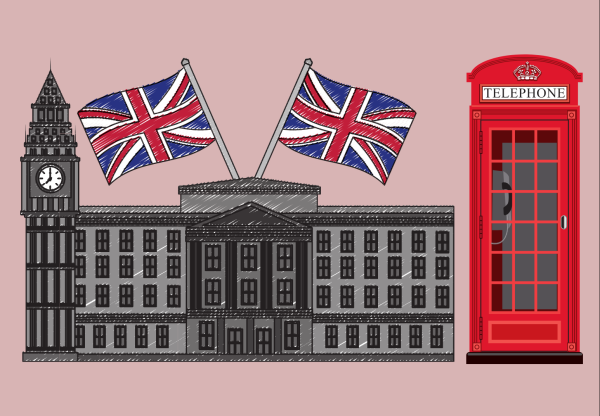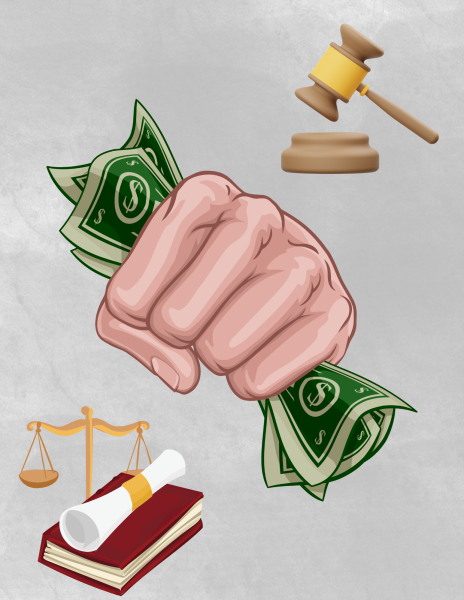The Big Tech Problem: How Five Corporations Gatekeep Our Thinking
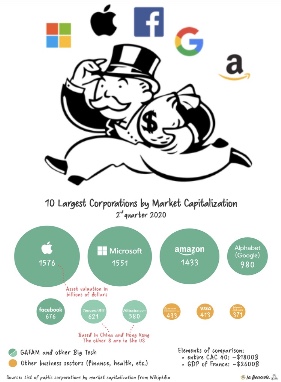
Many are concerned about the power and influence of large tech companies, and the monopoly of information they hold in the 21st century. (edited by me)
October 16, 2020
Unless you’ve been living under a rock the past few years, you’ve probably heard of the term “fake news” before. Many of you are probably thinking I’m going to rant about the disinformation in media, but that’s not what I will do. While there is certainly false information that largely plagues our news sources, the problem with big tech corporations isn’t that the news is untrue, as much as it is promoted by these companies. The “Big Five” tech giants as they’re called, between Amazon, Apple, Facebook, Google, and Microsoft, who make over 800 billion dollars a year combined, which is larger than the entire GDP of both Saudi Arabia and Switzerland EACH YEAR.
With money also comes power and influence, as these five companies dominate almost the entire online world as well, and if you are active in online, I would be willing to bet you rely heavily on the products and services of these companies. In the 21st century, as our world becomes more and more digitalized, being able to discuss issues online with people has become the new public square for dialogue across the world. While the discourse that goes on in social media comment sections aren’t the most productive, it is the main way political movements are able mobilize and how to get your voice heard by other people nowadays. As you can imagine, being absent and restricted from this online world would be absolutely crushing to anyone wanting to share their opinion. Unfortunately, this is what appears to be happening to a lot of people, and it has absolutely shifted the way humans talk about important topics for the worse.
These companies are able to control what gets “recommended” when searching for news on both social media platforms and Google, and only certain types of mainstream media are actually promoted and platformed. Most people do not scroll past the first page on Google and will just click the first or second result that pops up in their feed. They will read many of the talking points the author uses, and that will help form their worldview. So as a result, what ends up happening is that people will end up discussing issues through a very narrow window of generic and approved talking points from big tech companies based on what they have read online. Those talking points will be repeated over and over, and the elite class in our society successfully frame the discussion around all the political news in the country. All of which impact us far more than impact them.
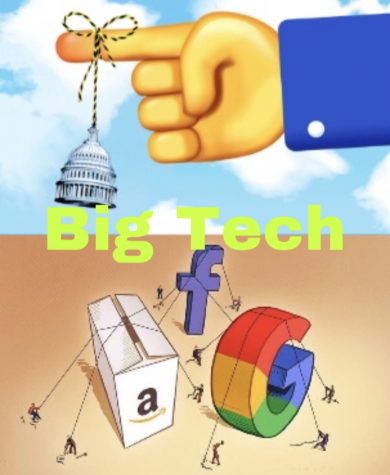
These companies can also determine if you have violated guidelines or spread “false information” and you can easily be banned. So in this sense, the new gatekeepers of truth are these tech companies and they can choose to platform whatever and whoever they like. In many ways, this makes them more powerful than the federal government when it comes to cracking down on your rights. In person, you cannot be thrown in jail for speaking your mind, but online you have to wonder if you’ll be de-platformed or have someone pass your old posts down to your employer or university if you do the same.
For example, recently, Andy Stone, Facebook spokesman wrote on Twitter, “While I will not intentionally link to the New York Post, I want to be clear this story is eligible to be fact checked by Facebook’s third party fact checking partners. In the meantime, we are reducing its distribution on our platform,” in relation to a story the New York Post wrote about Hunter Biden, the son of former Vice President Joe Biden, and current presidential nominee. Their reason for doing this is still somewhat murky, especially given how stories with even less hard evidence such as the story with President Trump supposedly calling fallen soldiers “suckers and losers” which had no fact check done by big tech companies, and trended for days on end.
These contradicting cases involving big tech led some people to call into question their true motives, such as Peter Cheng, a student on campus at Eleanor Roosevelt, saying “If you call yourself a forum, let the people speak. Posts should not be censored unless it contains extremely violent/inappropriate content or threatens to do harm to another human.”
When regarding the topic if whether or not that big tech is obligated to put out balanced coverage, Cheng continued, “News networks have the ability to change how people think by telling biased stories. I think the news networks should be held responsible for putting out accurate and non biased information to the people. Letting people see both sides and allowing them to think for themselves is very crucial.”
In the end, I believe that the issue with big tech is one of the greatest threats to the rights of Americans today, and isn’t talked about enough. I view the issue of tech censorship under the guise of the first amendment, and think speech online should be treated in the same way as in person speech. Nobody should be kicked off of any social media platform unless they are actively calling for violence against someone or a group of people, no matter how controversial the opinion is. The only way to truly weed out horrible ideas and conspiracies is to let people confront them head on and change their minds, the way people used to do it.





